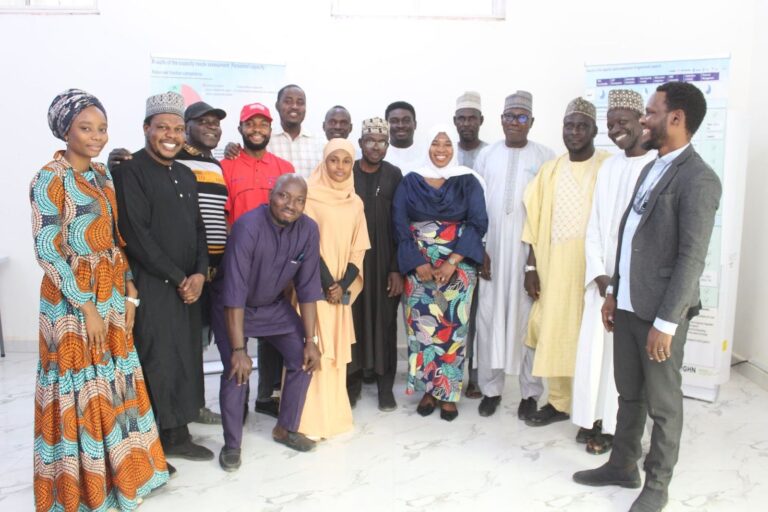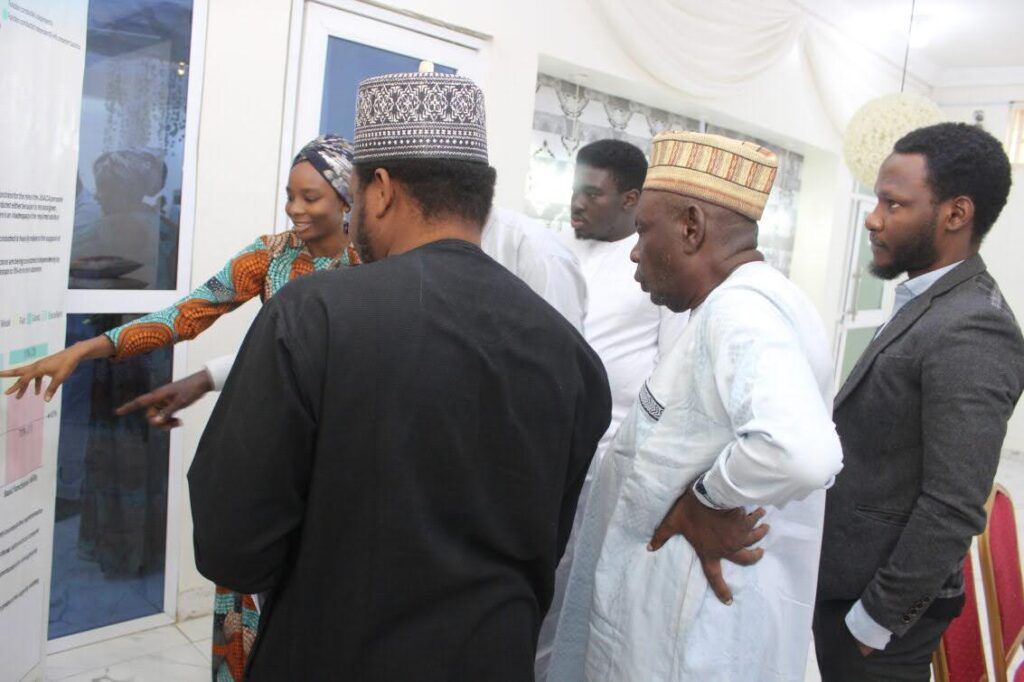In the fight against HIV, a collaborative effort is proving to be a powerful weapon. SCIDaR, in consortium with Georgetown Global Health Nigeria, is empowering Bauchi and Jigawa states to strengthen their HIV programs through a tailored capacity-building program geared towards strengthening government systems and personnel competency. This initiative, funded by the USAID Accelerated Control of HIV Epidemic (ACE 2) program, signifies a critical step forward in optimizing state-level capacity to effectively manage the fight against the virus.
As part of this process, SCIDaR conducted a baseline capacity assessment and in February 2024, worked with the GGHN to convene key stakeholders in a Mirror Workshop towards validating key findings and co-creating fit-for-purpose capacity optimization plans. Specifically, this intensive workshop focused on three key objectives, each designed to solidify the foundation for improved HIV program delivery.
- Assessing Current Capacity: The workshop participants meticulously reviewed the results of a prior baseline assessment, pinpointing areas where state-level HIV programs required improvement.
- Tailored Intervention Design: Through interactive sessions, participants collaboratively designed and aligned interventions to address the identified capacity gaps. These interventions aim to optimize program coordination, resource integration, planning, supply chain management, data utilization, and communication strategies.
- Stakeholder Role Definition: A critical outcome of the workshop was the establishment of clear roles and responsibilities for all partner stakeholders involved in delivering the capacity-building interventions.
The workshop brought together key decision-makers and program implementers including Health Commissioners, Directors of Public Health, and Managers and Coordinators from the State AIDS Control Agencies (SACA) and State AIDS and STI Control Programs (SASCP). Additionally, partners such as the Society for Family Health, Heartland Alliance, and Pro-Health International actively participated in the discussions.
By collaboratively reviewing findings, designing interventions, and assigning roles, this workshop has laid the groundwork for significant improvements in HIV program delivery across the Bauchi and Jigawa states. In the coming months, SCIDaR will galvanize key partners to provide ongoing embedded TA and capacity-building support to ensure the successful implementation of these interventions. The ultimate goal is to establish resilient government-owned HIV systems that guarantee optimal service delivery and viral suppression for people living with HIV/AIDS in these states.




